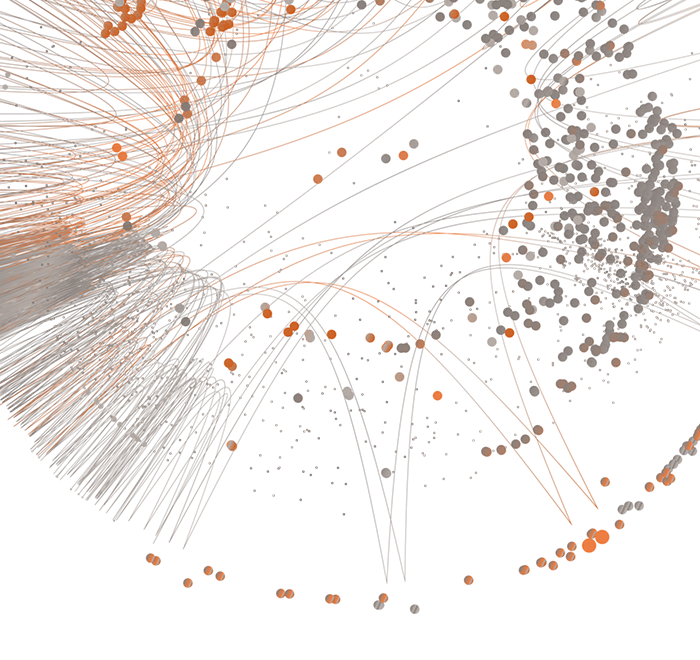NORC at the University of Chicago has been designing research studies since 1941, from major longitudinal efforts like the General Social Survey to rapid turnaround surveys on emerging social and political issues. While we still are the acknowledged leader in field interviews—a technique we pioneered—we have evolved our methodologies to include telephone and internet surveys and, most recently, the mining of alternative data sources, such as administrative records and social media.
NORC is a leader in survey design, evaluation design, and big data analytic projects, and we drive innovations in these areas. We partner with our clients to develop step-by-step plans for the research that answers their questions. Our research design capabilities include sampling design, data collection methods, and analysis approaches. We tailor our designs to our clients' specific research questions, target populations, and areas of interest, knowing which strategies are most effective for each research goal while ensuring that our research is statistically rigorous and yields trustworthy results.




